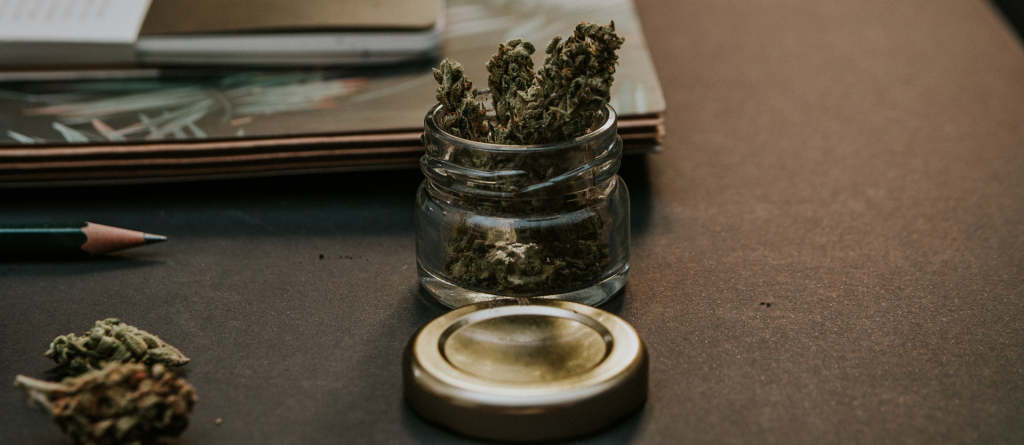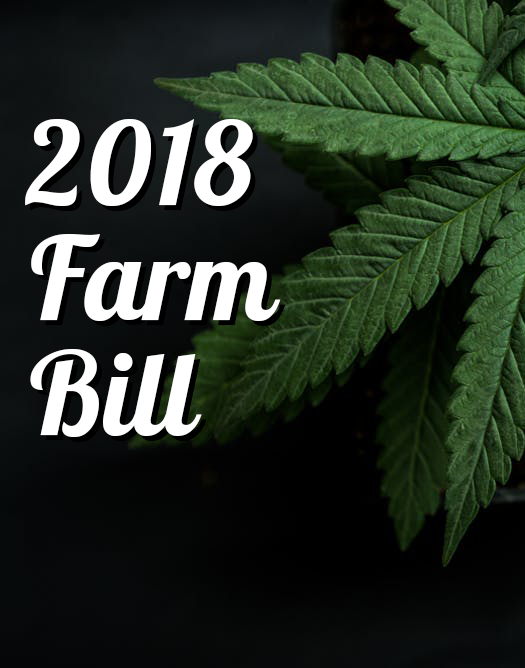This last year you may have heard that marijuana has been legalized in 11 US states, that medical cannabis is now widely available and that hemp is now federally legal to grow across the country. But what is the difference between the many varying medicinal extracts of hemp and cannabis, and are some more legal than others?
In Short: Absolutely. Your job may require drug testing so knowing which is which can make all the difference.
First things first, let’s talk about some important terms:

CBD: Cannabidiol, found in both forms of cannabis (marijuana and industrial hemp.) CBD is a potent naturally occurring substance that has no psychoactive effect, which means it doesn’t cause a high(euphoric effect), however CBD is an increasingly popular and potent natural way to support chronic pain. This new form of medicinal medication also looks promising as a way to combat anxiety, cardiovascular disease and information from new studies have shown it may even help to fight more serious addictions.
THC: Tetrahydrocannabinol is a cannabinoid found in marijuana. This is what causes the “high” people feel when smoking or ingesting marijuana. THC has also been helping millions treat a wide range of ailments, from post-traumatic stress to chronic pain, nausea from chemotherapy treatments and much more.

Cannabis: Is the scientific shorthand for for the plants we know as marijuana and hemp. That’s right, Hemp and Marijuana are from the same species however they are still not the same plant. Just like feed corn and sweet corn, or black beans and kidney beans. They both share an array of DNA but are not at all the same.
Industrial hemp: Under federal law industrial hemp is defined as a cannabis crop that contains less than 0.3 percent of TCH. In addition to being the source for hemp-derived CBD, industrial hemp crops can be used for a huge range of applications, from clothing to protein powder to plastics and more. This form of hemp is what most CBD companies around the world use to create their products.

When the 2018 Farm Bill was passed, all hemp-derived CBD oil was removed from the Controlled Substances Act. CBD is now federally legal and is regulated by the Food and Drug Administration (FDA), even though it has not been tested or approved as a drug for treating specific medical problems. Hemp-derived CBD oil, is not FDA approved especially if it claims to treat, prevent or cure a medical condition. This form of CBD oil should be treated with great caution. The reason being that research on CBD as potential support for various disorders is in its early stages, the purity and potency of CBD has not been regulated, therefore the burden of identifying high-quality supplements and using them effectively is unfortunately on the consumer.
That being said, for everyone from construction workers to airline pilots, CBD is the safer wellness option because it does not show up on traditional drug tests for THC. The fact that CBD does not show up on these tests makes it a much better candidate for helping with your chronic ailments. There is still much research to be done on CBD, the industry is in a large growth spurt and doesn’t seem to be stopping anytime soon. This being the case means further studies are bound to arise with new information on this ever-growing wellness product.
